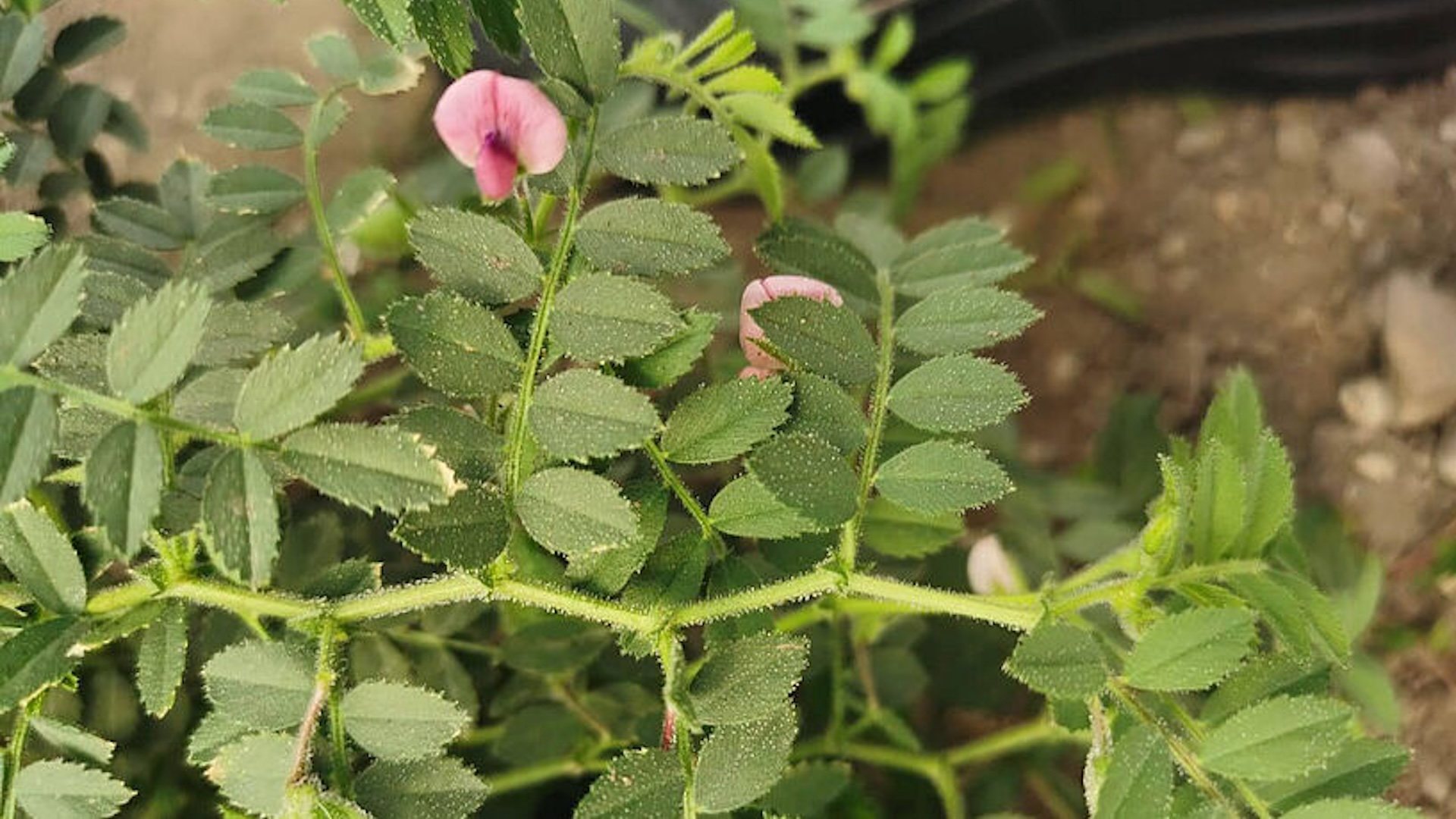Scientists have discovered that chickpeas are a sustainable, drought-resistant plant that could provide food security amidst our rapidly changing climate.
An international research team led by the University of Vienna's Wolfram Weckwerth sought to study how well various chickpea genotypes could withstand drought conditions. As prolonged droughts become more frequent worldwide, including in Central Europe, crop yields and plant productivity are increasingly threatened, as a University of Vienna news release explained.
Compounding the issue is the fact that the genetic diversity of plants has declined, and the global food system relies on a few staple crops for food security. The university detailed that there are around 7,000 edible crops on Earth, while just nine crops make up roughly 66% of food production worldwide.
Weckwerth, a molecular biologist at the university, said that relying on just a handful of crops is bad for several reasons. For one, this growing technique makes plants more vulnerable to pests and diseases and reduces their resilience against droughts and other climate variabilities. It also makes the global economy more unstable.
"Maintaining adequate plant and genetic diversity is crucial for agriculture, which must adapt to future changing conditions. With our new study, we have taken an important step in this direction and looked at the chickpea as an important food of the future," said Weckwerth.
The humble but mighty chickpea is not one of the staple crops currently grown, but that could change in the future.
According to the press release, the study on chickpea genotypes showed encouraging results. The team grew several chickpea varieties amid drought conditions in Vienna's city center, proving that chickpeas can be grown even in urban areas and provide additional food security. They're also high in protein, benefiting people who struggle to get enough of this crucial macronutrient.
"The different varieties and wild types show very different mechanisms to deal with persistent drought stress. This natural genetic variability is particularly important in order to withstand climate change and ensure the survival of the plant," said Weckwerth.
In the study, researchers used a stress susceptibility index to analyze how drought stress affected chickpea yields. Using this data, they were able to pinpoint which genotypes fared the best under drought conditions, which will help them breed drought-tolerant chickpeas moving forward.
🗣️ Why do you eat plant-based foods?
🔘 The health benefits 🥗
🔘 It's cheaper 💰
🔘 It's good for the planet 🌎
🔘 I prefer the taste 😋
🗳️ Click your choice to see results and speak your mind
Along with bolstering food security, chickpeas could be an important source of plant-based protein, possibly reducing the need and demand for meat, a major contributor to our warming world.
"With their high protein content and their drought resistance, legumes such as chickpeas are a food of the future. Another advantage is that a higher proportion of legumes in a country's agricultural systems improves the overall efficiency of nitrogen use -- this also makes agriculture more sustainable," concluded Weckwerth.
Join our free newsletter for weekly updates on the latest innovations improving our lives and shaping our future, and don't miss this cool list of easy ways to help yourself while helping the planet.









